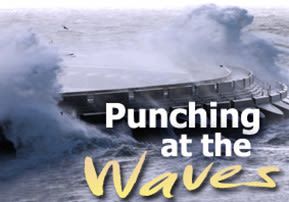
Punching at the Waves
If Hashem controls everything, then how can we have free choice? Rabbi Lazer Brody grapples with this age-old question, the answer of which is really quite simple…

In the Mishna, tractate Avot, 3rd chapter mishna 19, Rebbe Akiva gives us a one-line rule of thumb that contains the entire principle of free choice – he says: הכל צפוי והרשות נתונה , in literal translation, everything is foreseen, but one is granted license. Rebbe Akiva is teaching us that Hashem knows and controls every single event in the universe, past, present, and future, yet gives us free will.
Apparently, there’s an irreconcilable contradiction here. How can a person have free choice if Hashem is controlling everything? What’s left for us to decide?
This is also the classic question of the Rambam, that many people have become entangled in trying to answer. Yet, as we’ll soon see, with emuna, the answer is quite simple and straightforward.
First of all, the entire concept of reward and punishment, the foundation of our belief, makes absolutely no sense outside the context of free will.
The Almighty runs the universe on a precision-perfect balance of power between good and evil. Therefore, a person can’t use the excuse that he or she is forced to do good or evil. Without the balance of power, there can be no reward or punishment in the world to come, and a person could plead “not guilty” to the worst of criminal acts. He or she could maintain that they were forced to do evil.
By the way, in Jewish religious law, when a person is forced to commit a crime, it’s called “Oness”, which literally means “coercion”, so therefore the person is not liable for punishment.
The Torah (Exodus 9:12) says, “And God hardened Pharaoh’s heart”. Apparently, this is a direct contradiction to the notion of man’s free will to do good or evil. Not so. Several times before The Almighty hardened Pharaoh’s heart, the Bible states that Pharaoh hardened his own heart, and refused to release the children of Israel who were slaves in Egypt for a bitter two-hundred-ten years. Once Pharaoh refused to heed Moses’ plea in the name of God, God decided to utilize Pharaoh’s free choice of evil. Pharaoh’s punishment included ten miraculous plagues and a host of miracles at the splitting of the Red Sea, which led to worldwide sanctification of God’s name.
Each one of us has the liberty to be a Moses or a Pharaoh. Our souls have greater power than a nuclear reactor, and a nuclear reactor can either blow up the world or light up the world. A cancer-research physician takes a scalpel in hand to cure mankind, but a terrorist hijacker uses the same sized knife to hijack a plane and to kill people.
Once we understand the power of free choice that God vests in us, we are prepared to harness our emotions, our talents, our energies, and our desires in order to perfect and refine ourselves to the point where anger and negative emotions become a figment of the past. We don’t need to change others so that we’ll attain inner peace; we only need to exercise our own free will to change ourselves.
Now, let’s take the notion of our free will a step further:
The Baal Shem Tov met an elderly water-carrier on the way, and asked him how he was. The water carrier smiled a semi-toothless smile, and praised G-d for giving him once more the strength to earn a respectable day’s living. “Baruch Hashem, etc…”
A few days later, the Baal Shem Tov met the same elderly water-carrier. This time, the old man barely moped along under his yoke and two buckets, as if he were carrying the entire world on his shoulders. With a long face, he complained to the Baal Shem Tov how difficult his lot in life was. “Rebbe, How long do I have to go on like this?”
Let’s analyze what happened with the water carrier: Hashem decided that he’d earn a ruble and a half on that particular day by shlepping 60 buckets of water on his back. That ruble and a half would be enough to feed his family that day. So, no matter what, it has been decreed in Heaven that the water carrier will carry 60 buckets of water and earn a ruble and a half that day. So where’s the water-carrier’s free choice?
Hashem does interfere with the water carrier’s free choice to be happy or not. The water carrier is free to be happy with his lot, like in the 1st part of our story, or to be miserable, like when the Baal Shem Tov met him for the 2nd time.
Happiness with our lot in life is an expression of emuna. In fact, the barometer of emuna is the degree that one is happy with his or her lot in life. We therefore come to an amazing and simple conclusion that resolves all the apparent contradictions between Hashem’s omniscience and our free will:
True, everything comes from Hashem, past, present and future – this is the 1st of the Rambam’s 13 principle of faith. Yet, each of us has the free will to live our lives with emuna or not: Living with emuna means that:
First: This is the firm belief that everything comes from Hashem by way of perfect divine providence, even the tiniest and most seemingly insignificant event.
Second: that everything Hashem does is for the very best.
Third: Hashem does everything for a specific purpose.
When we implement these 3 stages of emuna in our lives, we become instantly happier and more fulfilled. Without these 3 stages, a life devoid of emuna is a losing battle.
Once I saw a heartbreaking sight on our beautiful Ashdod beach. It was late evening at twilight, and I was walking along the beach in hitbodedut, personal prayer. In the distance, I saw an old man repeatedly charge toward the waves, yell at them, shake his fists, and even try to punch them. He’d then retreat to the dry sand to plan his next attack. I turned out that the poor man was a concentration camp survivor…
Without emuna, we’re just like that unfortunate and miserable man on the beach. We punch at the waves, but the waves just knock us down. Even if we get up again, we can only look forward to more frustration and getting knocked down again. But, with emuna, we’d understand how to weather a wave, and not only avoid getting knocked down, but to enjoy it in all kinds of different ways.
The waves on the seashore are the same – we have no control over their frequency, speed, volume, or velocity. We certainly can’t fight them, so we might as well use our free choice to enjoy them.






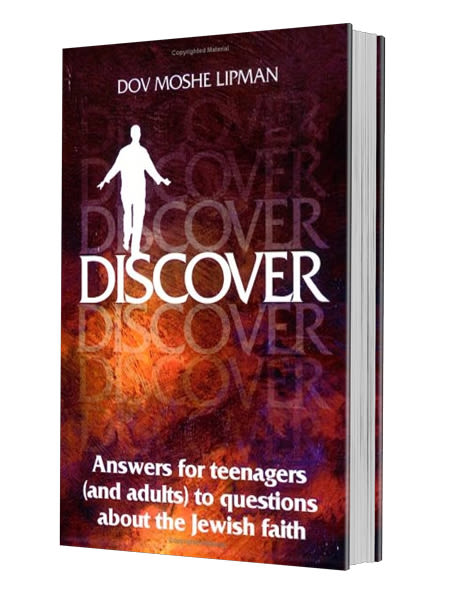
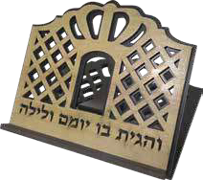
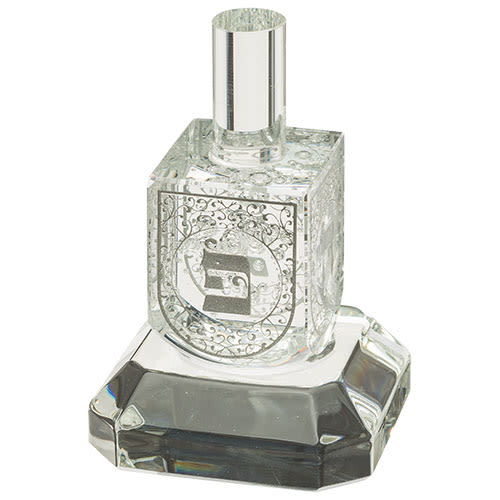
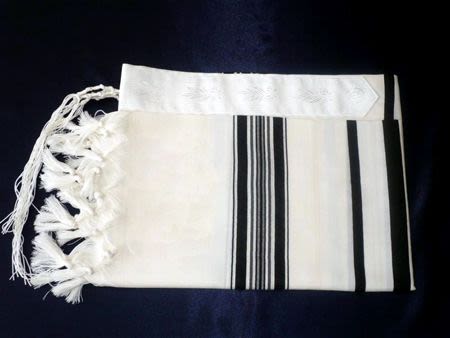
Tell us what you think!
Thank you for your comment!
It will be published after approval by the Editor.